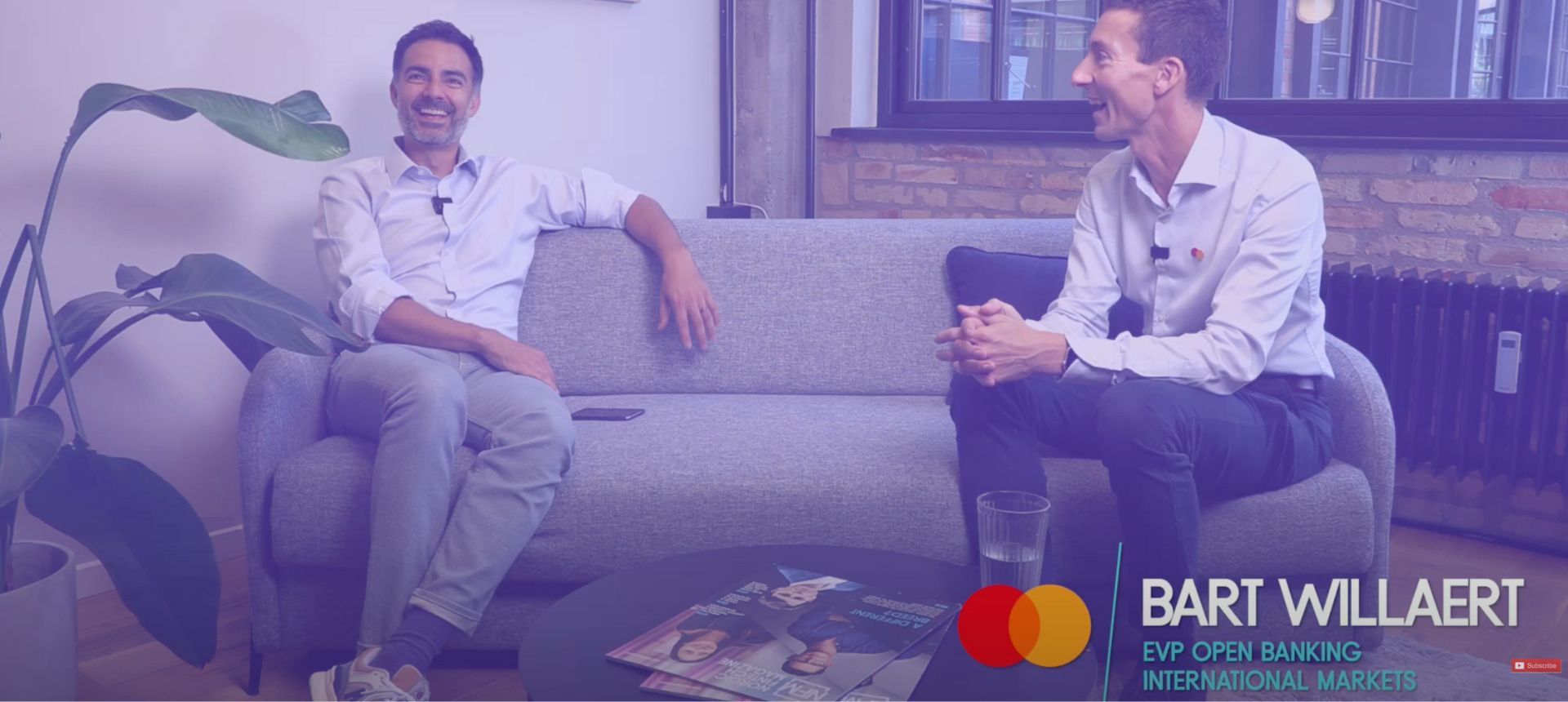
Here's why quality over quantity is a vital motto for open banking
March 25, 2020 | Rune Kallehauge
"Notching up eye-watering numbers of APIs are not a valuable metric for success. A creeping, deep-rooted growth strategy is vital for a successful expansion in open banking" says our CEO, Rune Mai, in a recent article published in Finextra. Read the full piece below and learn why quality over quantity should be on our minds when talking about open banking expansion.
Speaking of the Danish open banking platform's strategy, Rune Mai says to Finextra Research that the intention is to flesh out the firm's infrastructure on the local markets in a tailored, customised manner.
This may seem obvious, however “it’s not necessarily what we see in the markets right now, even from some of the big guys like MasterCard who tend to focus on the number of banks that are onboarded rather than prioritising a full coverage of the markets they focus on. That is the approach we take.”
The firm is a leader in the region and became a “financial institution trailblazer” according to Rune earlier this year when it extended its account aggregation service to incorporate account-to-account payments with the Norwegian bank, DNB.
The platform plan is to roll out to 17 European countries during 2020. An ambitious, but well-strategised plan, says the company’s CEO.
“Of course we want to spread to the rest of Europe, and yes, it’s aggressive to do so. But the goal isn’t impossible or unwise because we’ve done our homework before deciding to move ahead.”
Rune believes that all firms need to recognise and reshape their approach to expand across Europe and craft customised strategies for each nation. He elaborates: “What’s great about the United States is that it is one big inner market and the integration process is a lot more straightforward than in the EU.
“While it makes sense for firms like Plaid for example to roll out quickly across the US, I don’t think these companies realise the difference between spreading to 50 states in the US and spreading to 28 countries in Europe. You don’t get a licence for Europe, you get a licence for one country and you can passport that to other European countries but each might have custom regulation or payments laws. This makes it a much more cumbersome task here than in the US.”
PSD2, a help or a hindrance?
A research paper produced by the platform due to be published in the coming months surveyed over 100 financial institutions including fintechs, payments firms and accounting service providers across the Nordics, to explore the impact PSD2 has incurred on the sector since its inception.
The paper’s findings show that we’ve reached the second wave of open banking, where building customised solutions now sees platforms effectively monetising these systems.
Christie Holm Kristensen, CMO, Nordic API Gateway, tells Finextra Research that the white paper “shows just how mature the Nordic markets are with their implementation of PSD2. It’s also quite clear that the Nordics are quickly catching up to the UK market and I believe we will soon be the ones leading the way with innovation.”
Rune says that the thorny process of rolling out open banking across the EU should be a streamlined process. Yet, given the lack of standardisation of PSD2 implementation across EU nations, fragmentation is becoming the norm which is affecting firms’ ability to efficiently expand.
“Because PSD2 was introduced as a directive rather than a clear-cut regulation (like GDPR for instance), diversity of interpretations means that firms’ have to account and prepare for a large range of regulatory contexts.”
This inconsistency also ties back to the quality issue of ramping up large API onboarding figures without necessarily building out robust infrastructure in each country.
According to Rune: “Open banking platforms should be limited in the amount of API’s they are able to onboard until they have fully matured the initial APIs successfully.” In this way the speed and the quality of APIs would be standardised across the EU, guaranteeing a robust infrastructure rather than just hoping for one.
Is Nordic API Gateway’s success purely a result of a welcoming and well-positioned birthplace in the Nordics?
The Nordics are renowned for their innovative payments infrastructure. The pioneering P27 project, for instance, is set to revolutionise the region’s payments landscape with instant transaction flow between people and businesses within Denmark, Finland and Sweden.
Rune believes that innovation only goes so far, and solid groundwork needs to be undertaken prior to onboarding: “I think that’s where we differ from many providers. Because we didn’t hurry out and try to onboard across 20 markets, we are not stretched too thin.
“You might have a thousand APIs on your open banking platform but if you don’t cover any market fully, what value does those APIs have for the companies implementing open banking solutions? We spent a significant period of time in the Nordic markets ensuring that all the banks’ interfaces were matured and of productive value to the end user.
“We could easily onboard all nine banks in the UK in two months, or the entire French market in one month, but that wouldn’t be a valuable strategy in the long term. We realised early on that if we stretch out too fast and only onboard a couple of major banks on our API platform in each country, we will be spread too thin.”
Rune draws on an analogy to illustrate the point:
“Imagine if we were a telecommunications company building out the relevant networks and infrastructure. Say we moved to Germany and provided only 60% of the country with the requisite communications cabling. The consequence would be that in more or less every second German city I would not be able to use my phone."
"In the same way it would be for telcos, to try and provide effective open banking services to just a portion of a new market is an unfeasible and impractical model.”

This is particularly concerning to Rune who foresees increased competition in API aggregation working to marginalise current base income. Premium APIs will become the new method of product differentiation. In order to remain competitive firms like his, Rune is adamant that you must be positioned to give banks access to further functionality which cannot be done on immature, hastily built infrastructure.
What’s more, if (as Rune believes) loyalty and automation across payments will dictate trends in the space, developing reliable rails to deliver these technologies is essential.
Despite its plan to expand across Europe, Rune plans for the team at Nordic API Gateway to grow from 58 at present to just 90 by year end - topping out at 140 in a few years’ time: “I’ve always believed that if you want to do something effectively, you have to stay small and nimble.”
Opting out of accepting VC funding, Nordic API Gateway preferred strategic investment from the Nordic banks (Danske Bank and DNB) which allowed the firm to develop “fully-fledged” infrastructure across the Nordics. The approach has worked well for the platform, which now covers 99% of personal, business and payment initiation access in the region.
Curious to explore how your business can benefit from seamless payments and access to real-time data? Reach out to our team or get started today in our sandbox.




